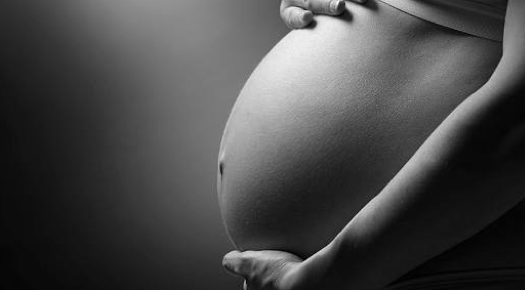
According to new analysis of data by Pew Research Center, babies born to Muslims will begin to outnumber Christian births by 2035 and people with no religion face a birth dearth. Christianity is still the world’s largest religious group, but some new trends show that it might not be a case within two decades.
More babies were born to Christian mothers than to members of any other religion in recent years, but it is obviously changing. Between 2010 and 2015, an estimated 31% of babies born in the world were to Muslim parents, far exceeding the 24% share of the world’s population held by Muslims. In the same period, 33% of the world’s babies were born to Christians, only slightly higher than their 31% share of the global population.
While the relatively young Christian population of a region like sub-Saharan Africa is projected to grow in the decades ahead, the same cannot be said for Christian populations everywhere. This is especially true in Europe, where the number of deaths already is estimated to exceed the number of births among Christians. For instance, in Germany there were an estimated 1.4 million more Christian deaths than births between 2010 and 2015.
Muslims, on the other hand, have a relatively young population and high fertility rates and those are the main reasons for such predictions. Between 2030 and 2035, slightly more babies (225 million) will be born to Muslims than to Christians (224 million). Between 2055 and 2060, the gap is expected to widen to 6 million – 232m births to Muslims, and 226m to Christians.

People who do not identify with any religion are experiencing a much different trend. Religiously unaffiliated people currently make up 16% of the global population, and only 10% of the world’s newborns between 2010 and 2015 were born to religiously unaffiliated mothers. By 2055-2060, 9% of all babies will be born to religiously unaffiliated women, while more than 70% will be born to either Muslims (36%) or Christians (35%), according to Pew.
Religiously unaffiliated people usually live in developed countries with aging population and low fertility, such as China, Japan, Europe and North America. On the other hand, religions with many adherents in developing countries are likely to grow quickly because of high birth rates and falling infant mortality rates.
This study does not assume that all babies will remain the religion of their mother but attempts to take religious switching into account although “conversion patterns are complex and varied.”
Photo Credits: Growing Your Baby
